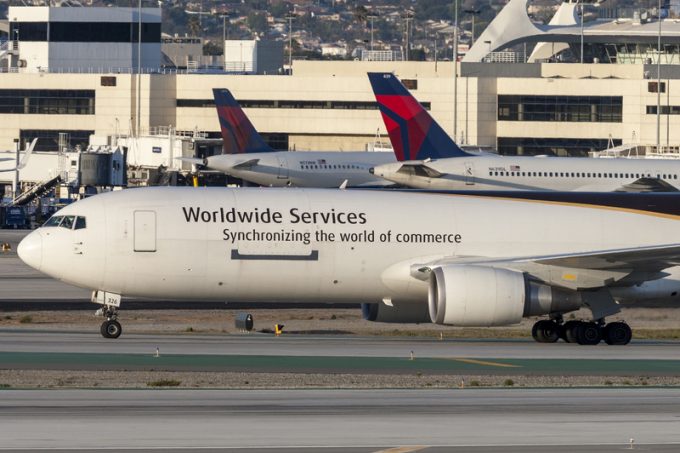Temu sellers using fake US postage labels to boost profits
Fascinating article on how some Chinese ecommerce merchants are using counterfeit USPS labels for postage ...

Airlines must change their strategic approach to cargo, or they will lose high-yield traffic and be reduced to commoditised business, warns Stan Wraight, former air cargo executive now president & CEO of Strategic Aviation Solutions International.
If carriers want to avoid a repeat of the loss of the express business to the integrators, they have to play to their strengths and offer a product the market wants, he says.
“Airlines have got to be on the value side,” he stressed.
The shortage of ...
Volcanic disruption at Anchorage could hit transpacific airfreight operations
Macron calls for ‘suspension’ – CMA CGM's $20bn US investment in doubt
Forwarders stay cool as US 'liberation day' tariffs threaten 'global trade war'
Shippers snap up airfreight capacity to US ahead of tariff deadline
De minimis exemption on shipments from China to the US will end in May
Tighter EU import requirements proving 'a challenge' for forwarders
Looming Trump tariffs will create 'a bureaucratic monster' for Customs

Comment on this article